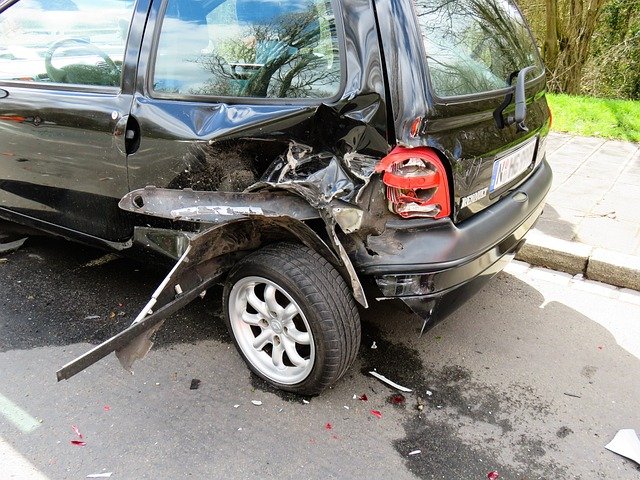Car Body Shops: Services, Mobile Repair, and Costs
Car body shops handle the visible and structural damage that affects a vehicle’s appearance, safety, and performance. Whether the result of a minor dent, hail damage, or a more serious collision, a body shop assesses the extent of harm, provides repair estimates, and restores the vehicle using techniques like painting, panel replacement, frame straightening, and corrosion control. Understanding what to expect from a body shop helps vehicle owners make informed choices about repairs, timelines, warranties, and when mobile repair options may be appropriate.

What services does a body shop provide?
A body shop typically offers a range of services focused on exterior and structural repairs. Common tasks include dent removal, bumper repair, panel replacement, paint matching and refinishing, frame and alignment work, and rust repair. Many shops also coordinate with insurers for claims and provide written estimates. Some body shops offer supplementary services such as detailing, glass replacement, and paint protection. When assessing a body shop, look for certifications, warranty policies, and the shop’s approach to parts (OEM vs aftermarket) to ensure the repairs align with your vehicle’s needs.
How do car and vehicle collision repairs work?
Collision repair starts with an inspection to document damage and create an estimate. Technicians disassemble affected areas to assess hidden damage, repair or replace structural components, and verify frame alignment if necessary. After structural and mechanical issues are resolved, surface repairs are completed—filling dents, sanding, priming, and painting to match factory finish. Finally, reassembly and quality checks confirm fit, finish, and system function (lights, sensors, safety systems). Throughout, clear communication about timelines, replacement parts, and warranty coverage helps set realistic expectations for returning the vehicle to a safe and presentable condition.
When is auto repair needed after damage?
Auto repair is needed whenever damage impairs safety systems, structural integrity, or vehicle operation. This includes damage to crumple zones, suspension mounts, lighting, airbags, or electronic sensors used by advanced driver assistance systems. Cosmetic damage that exposes metal to the elements, such as chipped paint or rust, also warrants attention to prevent long-term deterioration. Small dents and scratches can often be handled quickly, but any impact that changes vehicle alignment, creates unusual noises, or triggers warning lights should be inspected by a qualified auto repair or body shop professional to determine the appropriate course of action.
Can mobile repair handle body work?
Mobile repair services can address many light-to-moderate issues such as paintless dent repair, bumper scuffs, minor paint touch-ups, and windshield chip repair. Mobile repair technicians bring tools to your location and can save time for straightforward repairs that don’t require disassembly or controlled paint booths. However, complex body work—frame straightening, major panel replacement, complete repainting, or repairs requiring oven curing and precise color matching—usually requires a fixed-location body shop with specialized equipment. When considering mobile repair, confirm the provider’s experience, materials used, and whether any work affects warranties or insurance claims.
How to pick a car body shop in your area
Choosing a body shop involves checking credentials, reading reviews, and comparing written estimates from multiple local services. Verify certifications such as I-CAR or manufacturer-specific training that demonstrate technicians’ skill with modern vehicle materials and safety systems. Ask about parts sourcing (OEM vs aftermarket), paint-matching methods, warranties on workmanship, and how the shop documents repairs for insurance purposes. Visit the facility if possible to observe cleanliness, equipment, and organization. For added assurance, seek shops experienced with your vehicle make and with transparent communication about timelines and any potential supplemental repairs.
Conclusion
Car body shops play a key role in restoring a vehicle’s safety, appearance, and value after damage. Understanding the range of services—from cosmetic touch-ups to structural repairs and when mobile repair is appropriate—helps vehicle owners choose the right provider and set realistic expectations for timeframes and outcomes. Clear communication, proper documentation, and attention to certifications and warranties can improve repair quality and help protect your vehicle over the long term.






